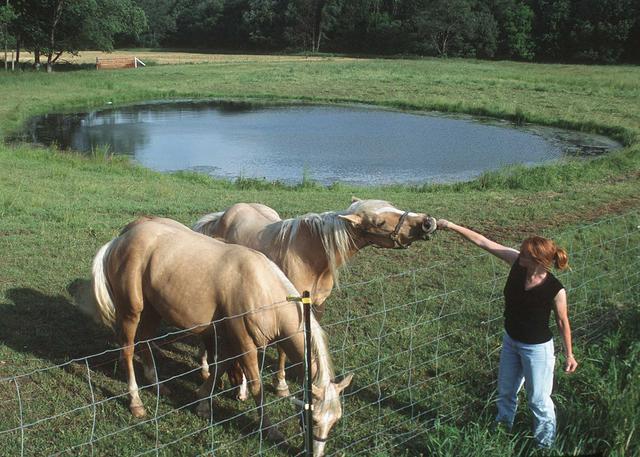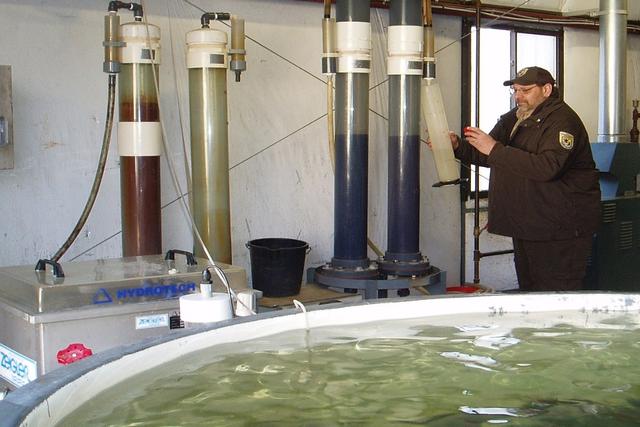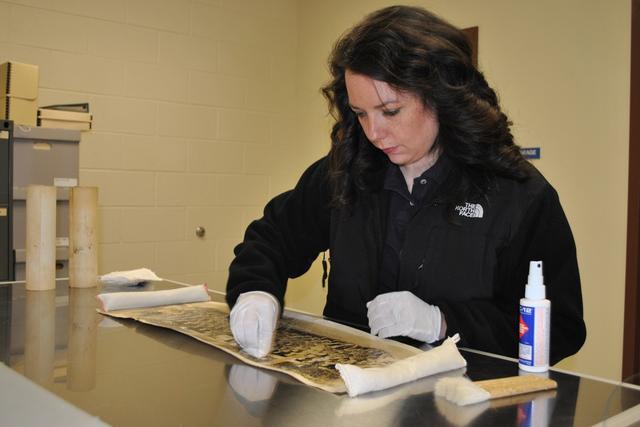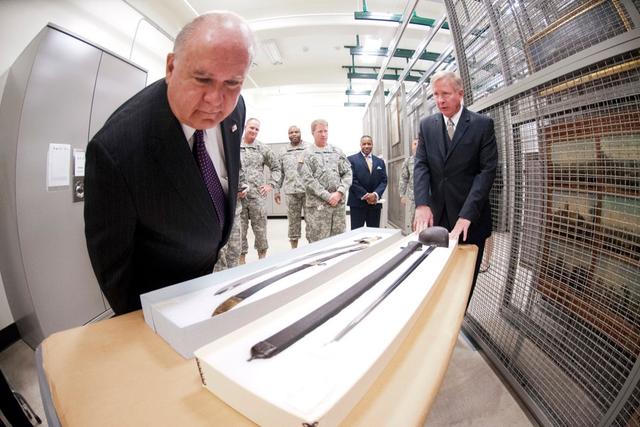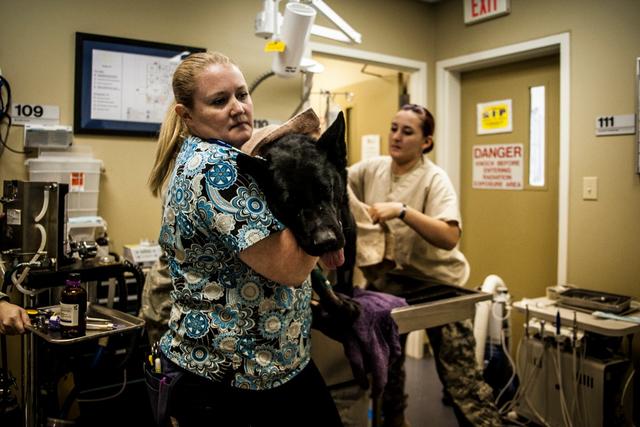Zookeepers
Overview

Introduction
Zookeepers provide the day-to-day care for animals in zoological parks. They prepare the diets, clean and maintain the exhibits and holding areas, and monitor the behavior of animals that range from the exotic and endangered to the more common and domesticated. Zookeepers interact with visitors and conduct formal and informal educational presentations. They sometimes assist in research studies, and depending upon the species, may also train animals. Zookeepers may also be known as animal caretakers.
Quick Facts
Median Salary
Employment Prospects
Minimum Education Level
Experience
Skills
Personality Traits
Earnings
Most people who choose a career as a zookeeper do not do so for the money, but because they feel compassion for and enjoy being around animals.
Salaries vary widely among zoological parks and depend on the size and location of the institution, whether it is publicly or privately owned, the size of its endowments and budget, and whether the zookeepers belong to a union. Generally, the hig...
Work Environment
Cleaning, feeding, and providing general care to the animals are a necessity seven days a week, sometimes outdoors and in adverse weather conditions. The zookeeper must be prepared for a varied schedule that may include working weekends and holidays. Sick animals may need round-the-clock care. A large portion of the job involves routine chores for animals that will not express appreciation for ...
Outlook
The U.S. Department of Labor predicts that job opportunities for animal care and service workers will grow much faster than the average for all careers through 2029. However, employment prospects for zoo animal care workers will not be as strong because the field is so small and competition for jobs is very high. Each year, there are many more applicants than positions available.
Opport...


